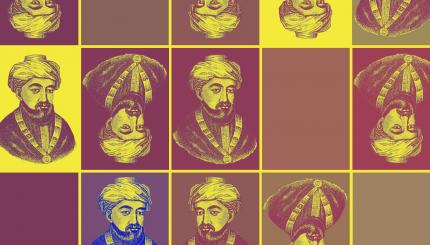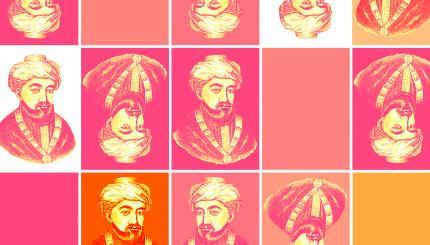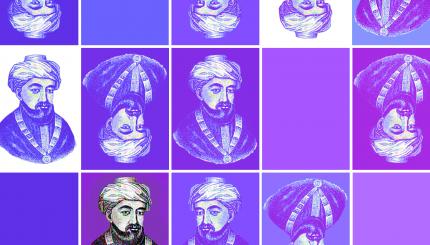The Malbim, an acronym for Meir Lob Ben Yehiel Michal, was a Russian-born rabbi and scholar of Hebrew who lived from 1809-1879.
Malbim served as the rabbi of Wreschen (now Wrescznia), in what is now central Poland, from 1838 to 1845, and as the rabbi of Kempen, in Germany, from 1845-1860. In 1860, he became chief rabbi of Bucharest, Romania, where he clashed with German Jewish leaders there who wished to introduce Reform practices. As a result of this conflict, Malbim ended up in prison. Although the philanthropist and Jewish leader Sir Moses Montefiore secured his release, it was on the condition that he leave Romania, which was part of the Ottoman Empire at that time.
After unsuccessful efforts to get the Ottoman government to allow him back into Romania, Malbim moved from post to post in the Russian Empire, where he continued to clash with German Jews. He fell sick and died in Kiev while en route to a new post in Kremenchuk, in what is now Ukraine.
Malbim published commentaries on the Bible and the Shulchan Aruch. According to Louis Jacobs’ The Jewish Religion, Malbim’s Bible commentary became one of the most popular commentaries used by Orthodox Jews “because its aim is to show, chiefly by philological investigation, that the teachings of the Oral Torah, as found in the Talmud, are contained in the [Five Books of Moses].”
With your help, My Jewish Learning can provide endless opportunities for learning, connection and discovery.
Adapted from the Jewish Encyclopedia.


